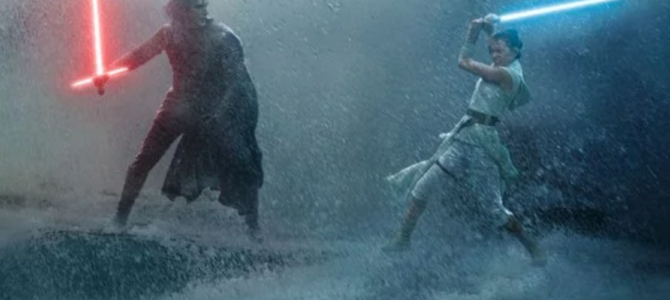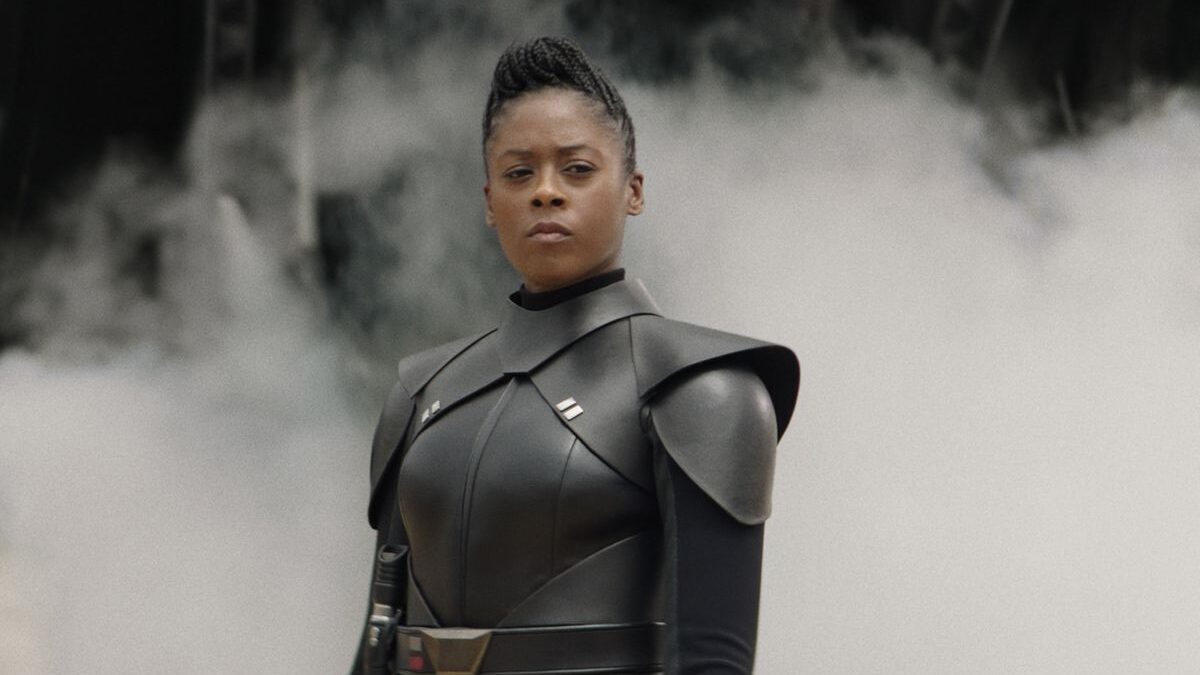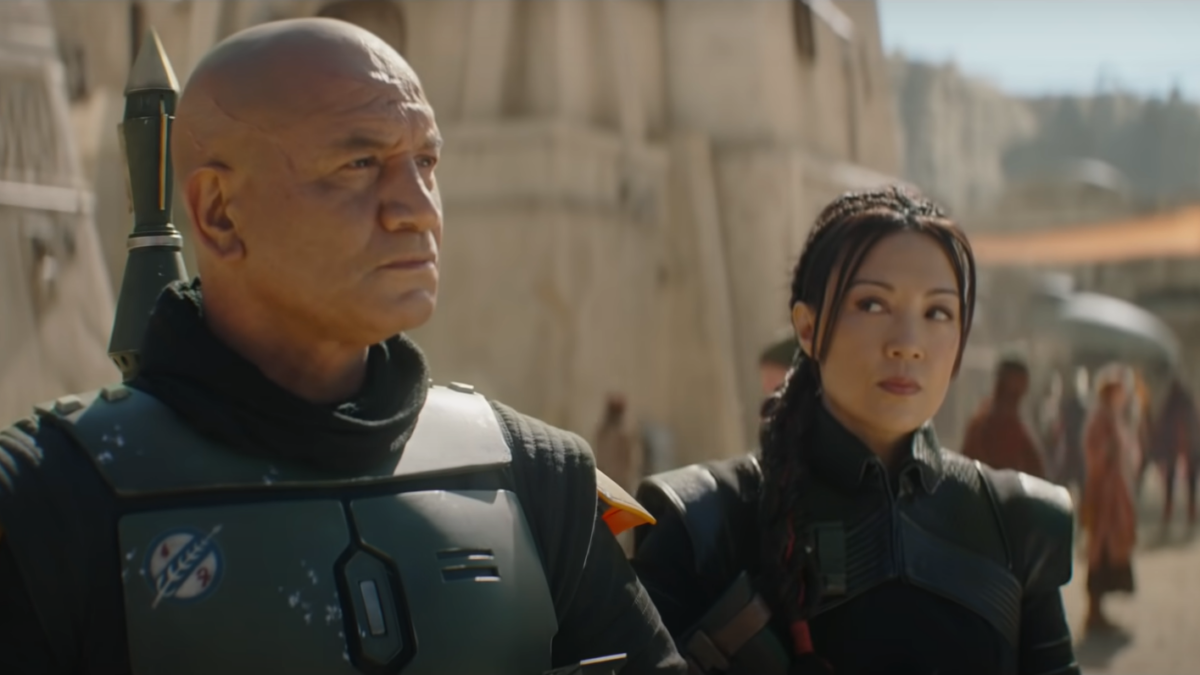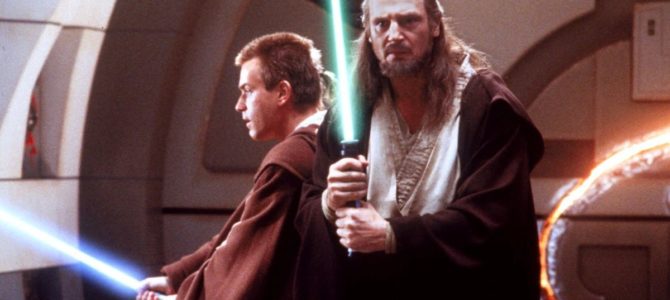
The first Star Wars film I ever saw was “A New Hope,” when I was eight years old, and I was hooked. In the 13 years since, I have watched the original trilogy and the prequels more times than I can possibly count, read the books, and went to every new Star Wars film as soon as it reached the theatres, even “Clone Wars.” There is something indescribable about a Star Wars movie that transports me to a long time ago, in a galaxy far, far away, a powerful mix of nostalgia and pure love of the franchise through its spectacular highs and disappointing lows.
After the frustrating “The Last Jedi,” I nervously anticipated the final entry in the hit-or-miss trilogy. Yet, when I saw “Rise of Skywalker,” the close to the new trilogy, I was thrilled that this film truly “felt like Star Wars,” an impossible-to-explain phenomena overwhelmingly captured by this excellent yet polarizing film. “The Rise of Skywalker” was clearly made by and for those who truly love Star Wars, and it shows in every frame.
JJ Abrams traded heavily on nostalgia in his close to the final trilogy (for now) of the Skywalker saga. One could easily argue that the film was rather unoriginal and derivative, choosing to rip off aspects of “Empire Strikes Back,” “Revenge of the Sith,” and especially “Return of the Jedi,” in the same manner in which “The Force Awakens” was a blatant pastiche of “A New Hope,” for better or worse.
I am inclined to agree with these criticisms. There is very little originality in “Rise of Skywalker,” either in story or theme. Yet there does not need to be. Instead, his trilogy-closer is both a fitting conclusion to over 40 years of the Skywalker saga and a love letter to a franchise that has affected so many people over its lifetime.
Some of the fan service was unnecessary and a little overdone. A quiet, dramatic moment of Rey’s was somewhat undercut by a cut to Porgs. Near the end, there is a wholly random cutaway to Wicket the Ewok on the forest moon of Endor, from “Return of the Jedi,” which was odd and out of place, especially considering how polarizing the Ewoks already are.
However, when a callback worked, it energized the entire audience, especially the late teens and adults. Lando Calrissian in the Millennium Falcon’s cockpit received cheers, Han Solo saying “I know” caused sighs, and Palpatine stating “Do it” was met with gasps. Further, the themes of hope, rebellion, good prevailing over evil, and the force will never cease to stir the emotions of all devotees to the franchise.
Abrams clearly learned from “The Last Jedi,” maintaining and expanding upon what worked while correcting Rian Johnson’s mistakes. One of my biggest issues with “The Last Jedi” was the pacing and split storylines. The charm and chemistry of Finn, Poe, and Rey together through much of the narrative was a nice emotional center, as well as providing some lighthearted moments.
Every Star Wars trilogy needs its central trio, and watching them all interact keeps the story focused while engaging with its protagonists earnestly and highlighting the excellent cast. John Boyega and Oscar Isaac are once again excellent in their roles as former stormtrooper-turned-resistance-leader Finn and hotshot pilot Poe, and their friendship leaps from the screen every moment they share together, which is thankfully a lot, unlike the previous film.
However, the real standout performances were Adam Driver and Daisy Ridley as Kylo Ren and Rey. The pair’s chemistry propels the story, as Rey’s temptation between the light and dark side mirrors her attraction to Kylo. Their relationship and associated character development were easily the best part of “The Last Jedi,” and they’re built upon beautifully in this outing.
Ridley was effortlessly believable, perfectly balancing the strength and vulnerability of the heroine. She never fell into the trap of being a “strong female character” devoid of personality or flaw; instead, her strength was demonstrated both through her actions and her battles against her worse nature. With Ridley’s performance, Rey is a Star Wars hero for the ages, rightfully alongside Luke, Leia, Obi Wan, and Han Solo.
Driver knocks it out of the park as the tortured anti-villain Kylo Ren. Seemingly the main antagonist for the trilogy, he brings a tormented nuance to the role, rendering the Sith remarkably sympathetic and compelling.
John Williams repurposed many themes from previous episodes to make the score for “Rise of Skywalker,” using recurring music to highlight motifs and connections between the trilogies for a more complete feeling. One particularly evocative use of past music was a variation of Han Solo and Princess Leia’s romantic underscoring, which was used during quiet moments between Kylo Ren and Rey. Every time the music returned to this theme, it highlighted both the bond between the two and all the great Star Wars loves that came before.
The main reason I loved this film, however, is because “The Rise of Skywalker” reminded me of why I love Star Wars. All of the derivative plot points and recurring musical interludes brought me back to my living room sofa 13 years ago, to every subsequent re-watch, to debates as to whether “Empire Strikes Back” is better than “A New Hope” (it totally is). I left the cinema with an overwhelming desire to pop in my DVDs of the first six Star Wars films, and experience the magic all over again.
Is “The Rise of Skywalker” a perfect movie? Far from it. But it was the perfect way to wrap up nine films and more than 40 years of story (at least for now). By leaning a great deal on the themes and story points that have defined the franchise since the 1970s, Abrams made a film that truly feels like Star Wars.









